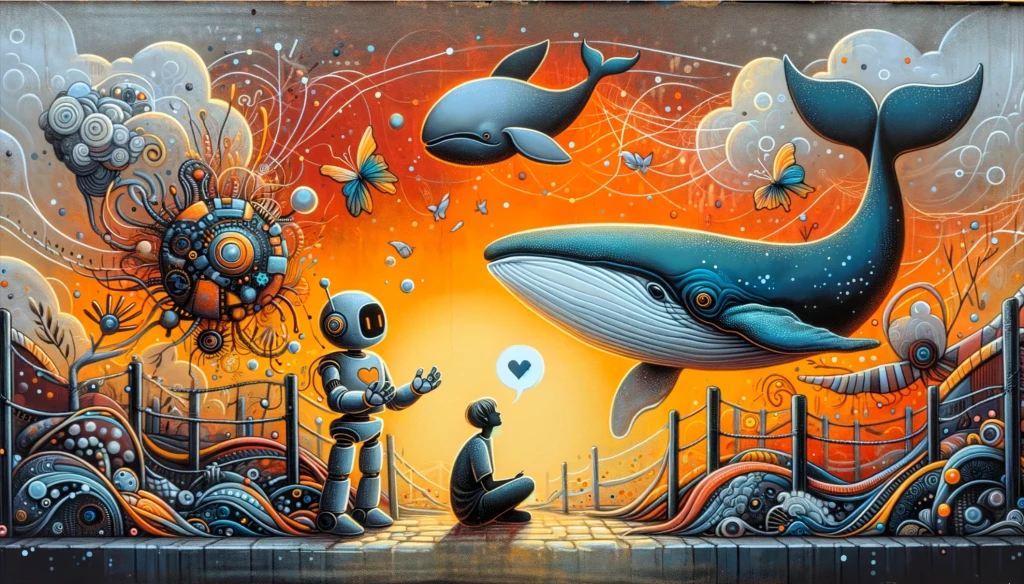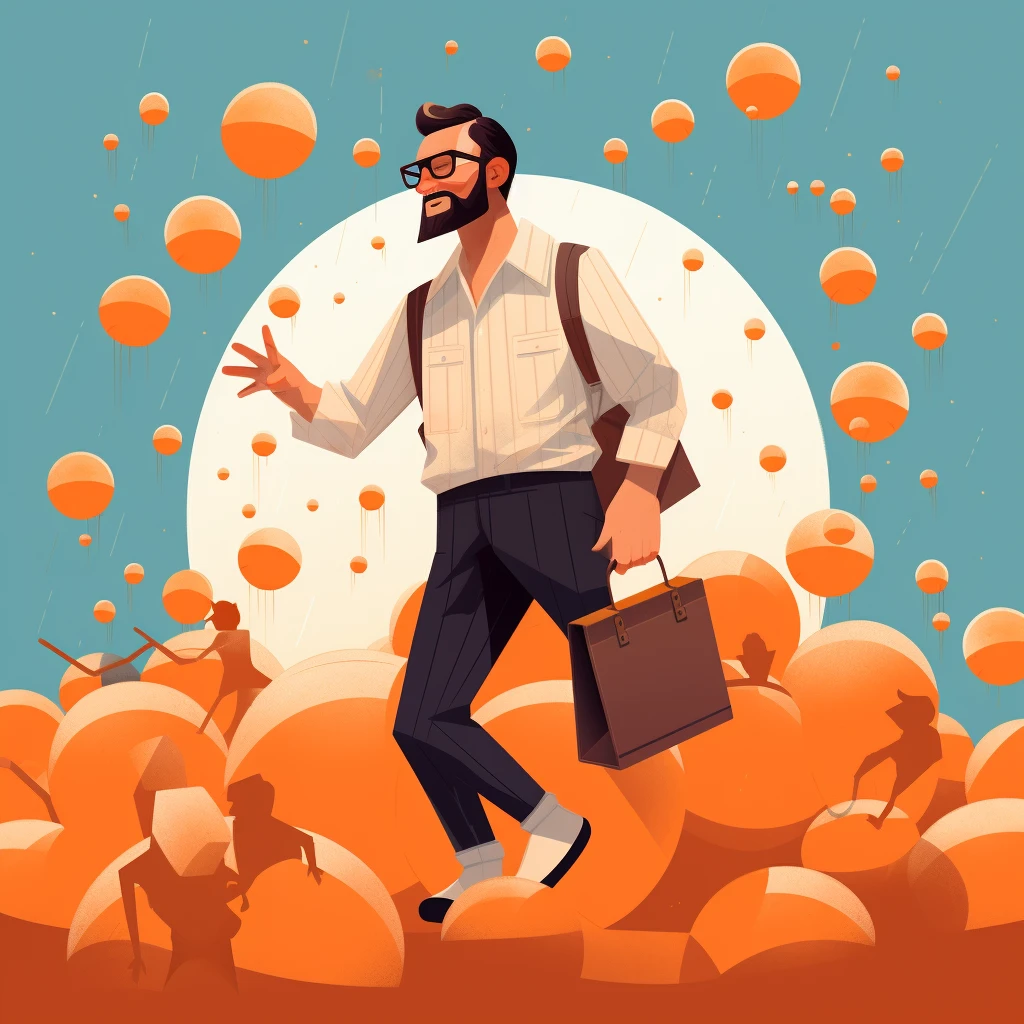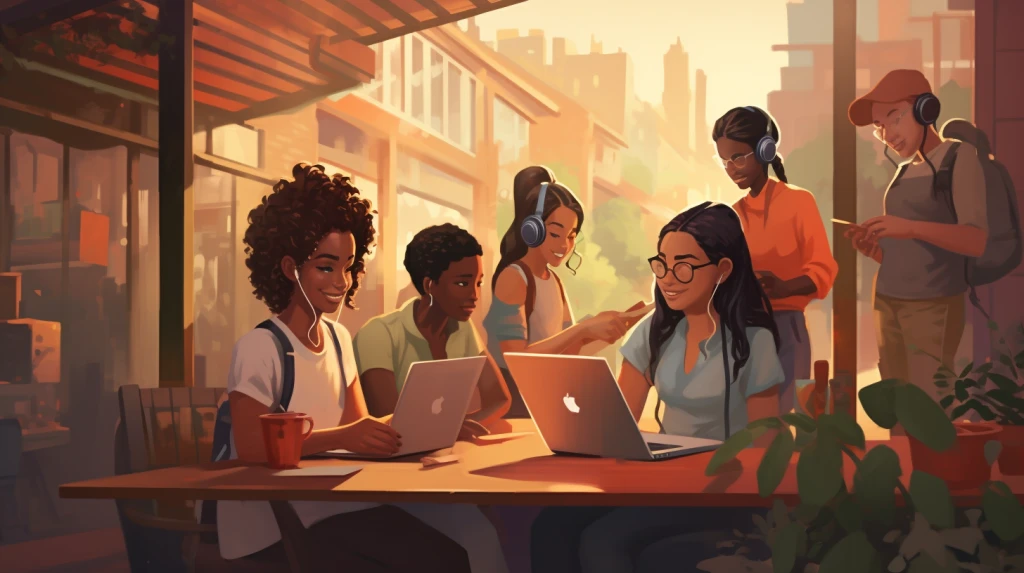by Fiona Reynolds
As I sit in my backyard, it is still strange for me to hear my neighbors speaking English and with American accents. I have a reflex to translate what I’m hearing to whatever language comes first to my brain. After over 25 years of working internationally, the idea that I understand what I’m hearing around me is foreign. And it should be. Language is contextual and cultural. Even though my mother tongue is English, as an Irish person, I had to attune myself to the cadence of American English and the meaning behind the words. There were words that I used to describe the world that were different from my classmates when I first moved to America and that was nothing to the cultural differences between my family and the families of my new friends. My parents, sisters, and I worked within the confines of an Irish culture that was shaped by family, religion, and roles. I thought hard about that last word. I wanted to say work, but that would not have encompassed the work that my mom did raising four daughters in a new country after having moved numerous times before for my dad’s “work.”
Language is important because, as I have learned, there are words that have discrete meanings in the cultural context you grow up in. Loyalty means different things, for instance, depending on where you are. Who or what you are loyal to is nuanced. What comes first: your family, your work, your faith, or political beliefs? In Ireland, when I grew up, “blood was thicker than water.” We were more likely to find a common ground and dissipate disagreement through humor than to break a human bond. Having said that, there could be loud disagreements, but within the context that we were still family or friends. A few days of silence or more arguments was how common bonds worked to make amends. This was quite disconcerting to my American husband who felt the need to talk things out to restore equilibrium.
So, in a world where language can be translated in moments, through the power of AI, we face the possibility of becoming “fluent fools” as Milton Bennett once said. Learning a language is not about the words; it’s the cultural context that matters, and beyond that, it’s the person you’re talking to. AI can help us to understand what is being said, and, to a certain degree, the cultural context within what is being said, but it cannot understand or translate the human experience. We bring ourselves to those conversations. For me, that’s being an Irish person who lives in the United States and who has lived in Poland, Brazil, Côte d’Ivoire, Mexico, and India. I have two children who have pushed me to think in new ways, and three sisters who have lived different lives that I’ve learned from, and friends who have lived 10x the experiences that I have had. All this I’ve gleaned understanding from. To understand me is not about simply language, which is the same for anyone.
With AI, there’s the opportunity to diminish the borders of language, but not necessarily understanding. Our capacity for interest and inquiry can be transcended because we now have access to perspectives in languages we don’t know and experiences we haven’t had. And there is still the human experience that cannot be known without contact, context, and culture. I hope this is the next step for us. If we have access to this new knowledge I hope that we delve into it, and that we seek out those people who can help us to learn and grow. We do not stay at the level of language but push to the most human of impulses, to understand and see each other, both in what is similar and what is wildly different.
I recently listened to a podcast with Aza Raskin about understanding the languages of whale and crow and other non-human cultures through the power of AI. It’s becoming possible to decipher the languages of beings who do not share our languages or context, through recognizing patterns, and it blew my mind.
The role of the language teacher will evolve too, changing from grammar and syntax to what is meant behind all of that. It’s nuanced, beautiful and human (and non-human as it turns out), and a possible explosion of knowledge and understanding. I’m jealous of future students who will not be translating the words in their brains, as I do, but will be thinking about what it all means and how to respond.




